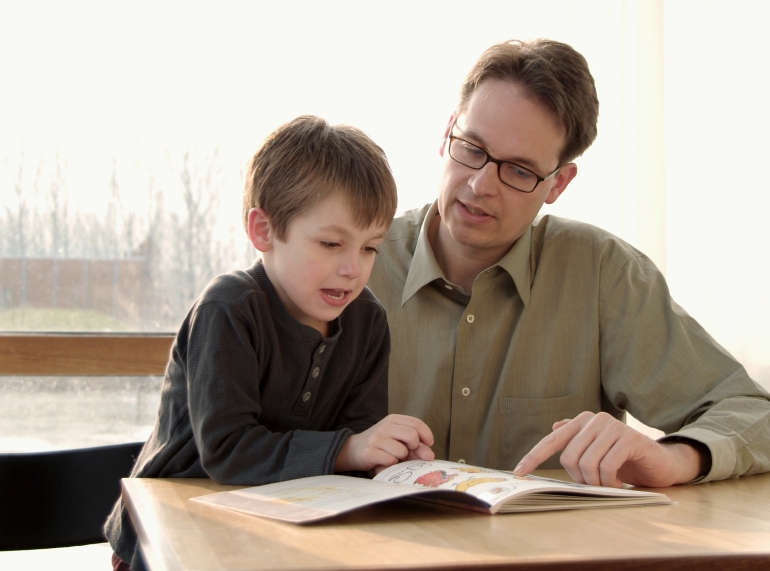ICDP started in 1998 and it is still developing in Ukraine.
March 2021 update May 2021 report
Report from second half of 2019 Report 2019
EARLY DEVELOPMENTS:
In 1998 ICDP was invited by a group of local professionals to initiate a project in Dnepropetrovsk and the following year in Kharkov. Seminars were also held in Cherkassy, Yalta, and Krivoy Rog.
In Dnepropetrovsk ICDP was applied in several places: two preschools, one Children Home, with families linked to the Parenting Club, with children, staff and parents of the Jewish Family Centre, with the staff in one primary school in Melitopol and by training the staff in an institution for babies and young children.
Both in Dnepropetrovsk and in Kharkov, the ICDP principles were used with university students. The programme was inserted as part of the students’ existing curriculum.
The Centre of Innovative Technologies of Pupils’ Healthcare (ITOSH), a government sponsored institution in Kharkov, which has undertaken several major projects through secondary schools, received ICDP training and subsequently designed a national programme for ICDP in Ukraine. The Ministry of Education approved the project but the funding raised covered only the initial training and the planned project was never realized.
In 2008, ICDP was invited to Antratsit, to present its work at the international conference called “Little things make big changes”. The conference was organized by the Ukrainian NGO ‘Women for the Future’ in cooperation with the Norwegian Peace Association. The main topics included the role of democratic schools in the process of formation of civil society, sharing national and international experience about inclusive education, the main trends in the rehabilitation process of children and youth with special needs, the role of social projects in school education and the significance of early psycho-social intervention programmes for families. Marianne Fresjarå Abdalla from the Norwegian Peace Association, was one of the organizers of this conference, she explains: “In the Soviet time, the methods applied for children’s development were rooted in the collectivist thought. It was assumed that children should learn to be obedient, not to be taken up when they cried (hysteria), they should be fed and cleaned every three hours. Children did not feel their needs were met, developed apathy and lack of belief in themselves. One of the consequences for vulnerable young people was that they easily became victims of crime, prostitution etc. A deterministic attitude can often be observed in caregivers; a child whose father or mother is an alcoholic or criminal is also expected to become one, the future is predetermined.”
Marianne had been involved with educational projects in Antratsit for many years developing partnerships with local institutions and assisting the work for the benefit of children at risk. After the conference Marianne started to seek funding to bring ICDP to Antratsit. She has recently received a grant for an ICDP project from the Norwegian embassy in Ukraine. The project started with a workshop for future ICDP facilitators, which was held in March 2013. The participants included directors and staff from several institutions; one hospital, one kindergarten, a school and from two children’s centers. In addition, three persons attended from an early intervention centre in Kishinev, Moldova. The second ICDP workshop took place in the autumn.
Developments in Antratsit – 2013
In “School 5”, a group of ICDP facilitators has been working with teachers, as well as parents of the children who attend their school. ICDP became especially popular with two groups of parents: those with children whose ages range from four to eleven and the second group are parents of children with behaviour problems, up to seventeen years of age. The new plan is to offer training to teachers in the town of Rovenki. The facilitators will also be looking into the possibilities of making a TV programme based on the ICDP guidelines for good interaction.
Three ICDP facilitators from the same school have been implementing the programme with large families, with more than three children, and their intention is to start training new groups of parents from other cities and to work through the network called “New Birth”.
In “Preschool 15”, ICDP was applied by all its staff in their daily work with children. The plan is to start ICDP weekly group meetings with the parents of the children who attend the preschool. The ICDP facilitators also hope to include parents of the twenty children who live at the preschool during the whole week (except for the weekends) – these are children from very poor backgrounds and at high risk families, often with alcohol problems; in order to approach these families in the best possible way, a strategy will be developed together with social services.
Sergei Krasin and Marina Skliar, both psychologists, have been remarkably active and have embraced ICDP with great enthusiasm. Marina works at the centre called “Empathy” and Sergei at “Ansuz”. Each applies ICDP directly with children on ongoing basis, and at the same time they have been running ICDP groups with parents of the children who attend their family centres.
Developments outside Antratsit:
In addition to their every day work at the centres in Antratsit, Sergei and Marina have travelled to different parts of Ukraine, in order to give introductory workshops about the ICDP programme. These workshops were held at universities and conferences in Antratsit, Kiev, Rovenki, Lugansk, Kharkiv and Krasni Luc. So far they have reached over one thousand professionals (mainly psychologists and therapists), some of whom will receive the full ICDP training programme in the future.

